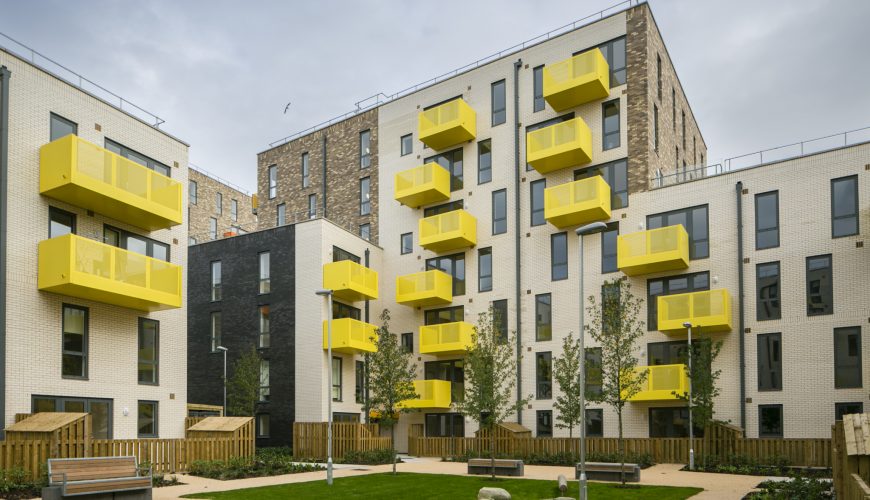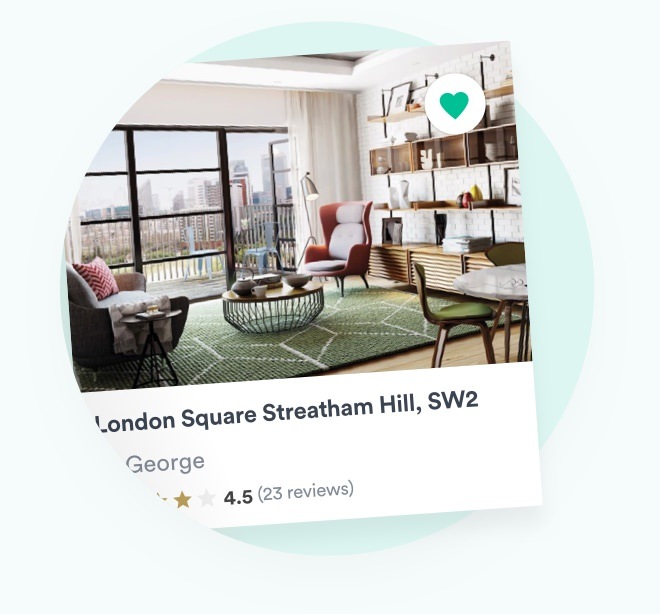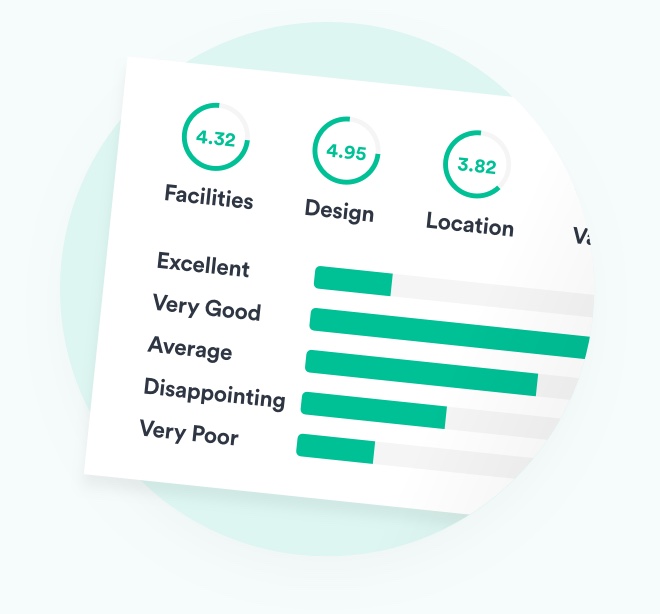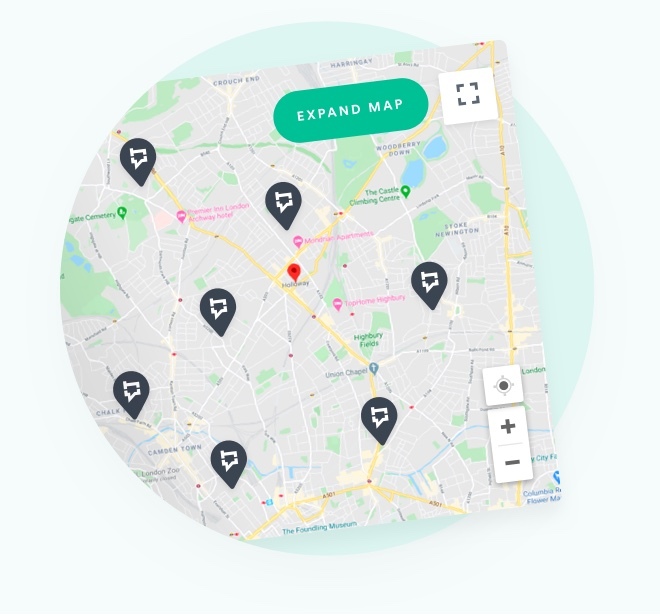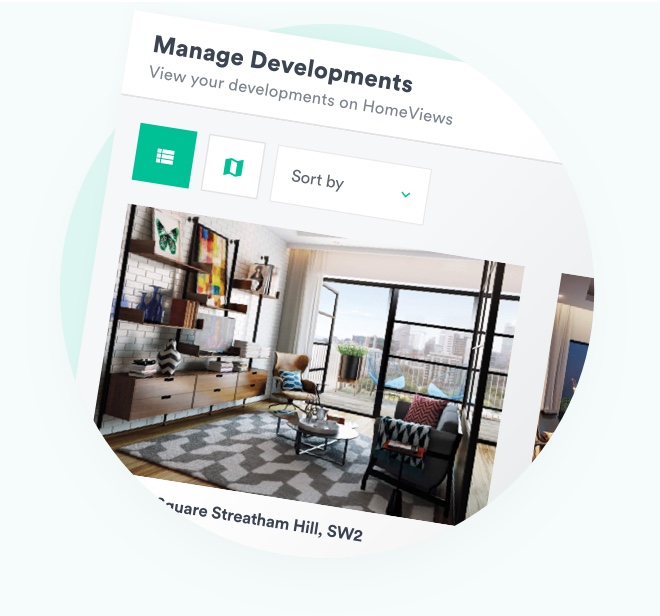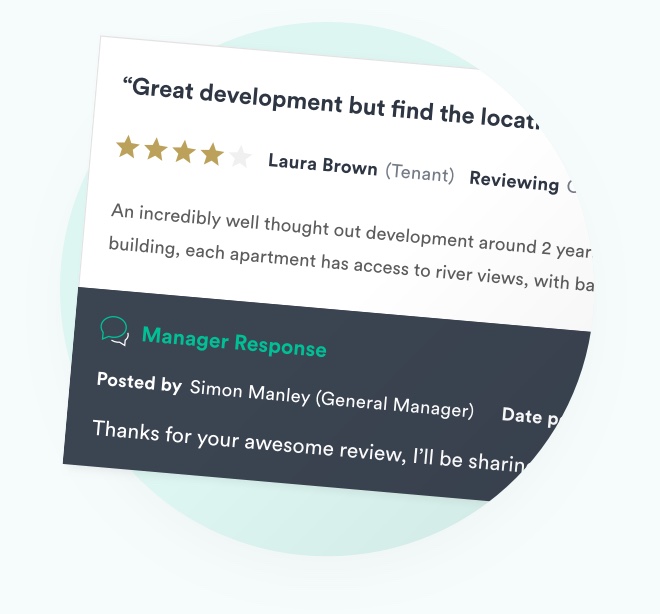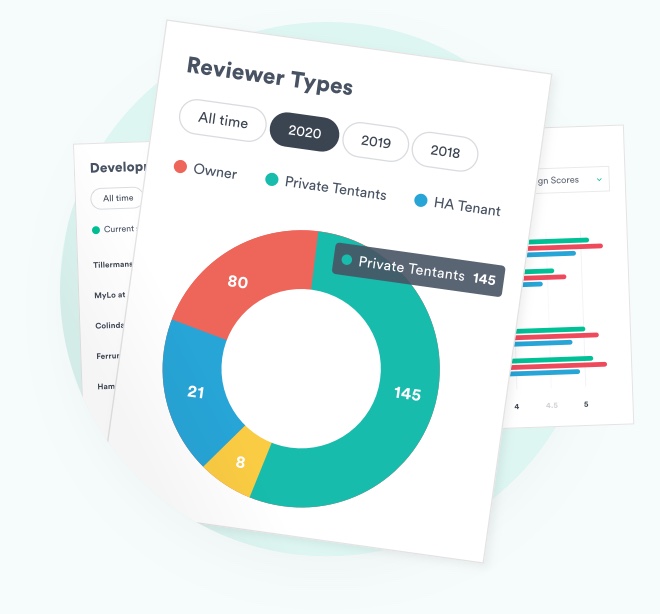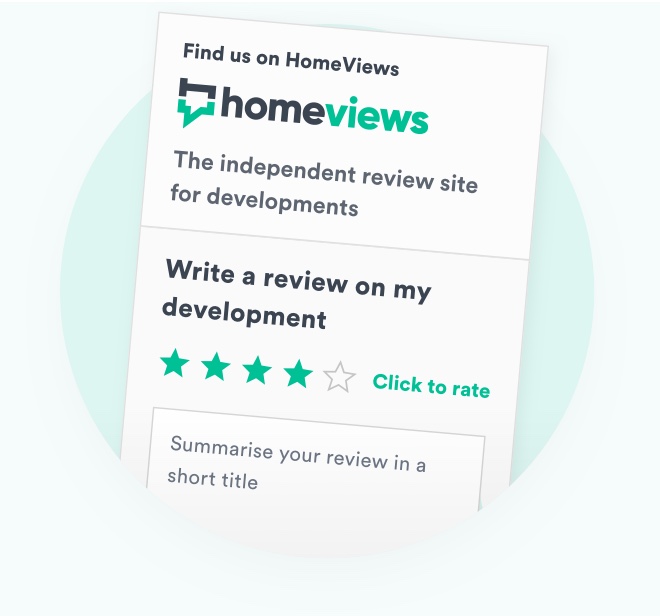The UK rental market shows no sign of slowing down in 2024, with the market becoming ever more competitive. If you’re looking for a home to rent for the first time, you may have heard about ‘let agreed’ status already. But what does let agreed mean exactly? How does it affect your rental status, and what comes next? Our simple guide answers these frequently asked questions, and more.
FAQs
What does let agreed mean?
‘Let agreed’ is a term used by estate agencies when a landlord has received and accepted an offer from a prospective tenant, but the deal isn’t complete yet. The landlord and tenant haven’t yet signed the rental contract.
Does let agreed mean off the market?
If you see a property advertised as ‘let agreed’, it is not technically off the market yet. It will very likely be rented out soon, provided that the offer doesn’t fall through. However, until the contract is signed, the property is still technically available.

What is the difference between to let and let agreed?
‘To let’ means that the property is still available, and there is no active offer under consideration by the landlord. ‘Let agreed’ means there is an offer that has been received and accepted, but not signed and completed.
Is a rental offer binding?
An offer from a prospective tenant is not legally binding. Until both the landlord and the tenant have signed the rental agreement, neither side is under any legal obligation.

Can a landlord withdraw after accepting a rental offer?
A landlord can withdraw their acceptance of an offer, provided that no contracts have been signed. Up to that moment, they are free to change their mind, sign with another tenant, or pull the property off the rental market entirely.
Until a rental contract is signed, there is no legal enforcement for any offer. This applies even to one that has been verbally accepted, agreed in principle via email, etc.
Can let agreed fall through?
Let agreed offers can fall through. Either side can change their mind right to the point where the contract is signed.
What happens after landlord accepts offer?
After a landlord accepts an offer from a prospective tenant, they (or their estate agent) will arrange for a rental agreement to be signed. Tenants will also likely have to go through a vetting process. This is done without charge to the tenant, as required by the Tenant Fees Bill 2019.
Can you still view a house that is let agreed?
You can still view a property that is ‘let agreed’. You can view it, you can make an offer, and the estate agent is legally required to inform the landlord of your offer. However, be aware that you are already competing against an offer that has been nominally accepted by the landlord.
Is it worth pursuing a let agreed home?
It may be worth pursuing a let agreed home, if you are willing to make an offer quickly. The rental market moves much faster than the buying/selling market, with contracts drawn up and agreed within days or even hours, rather than months.
However, the increasing competition in the UK rental market means that it’s still possible to view a let agreed property and potentially make a better offer. You can either offer to pay above the advertised rate, or demonstrate that you will be a model tenant.

How can I show that I will be a good tenant?
If you want to make a better offer for a let agreed property, ideally you should be able to demonstrate a long history of satisfied landlords. Good references from previous landlords go a long way to convincing new ones that you are a safe bet.
Additionally, you can highlight qualities that landlords value. Essentially, landlords want tenants who will pay their rent on time, in full, while creating as little fuss and/or damage to the property as possible. So, if you are a non-smoker, with no pets, who is quiet, neat, careful and responsible, this may go a long way in convincing a landlord to take you on, even if they have a tenant lined up already.
How long does it take after let agreed?
After you’ve reached the ‘let agreed’ stage, you could potentially move into your new property within a matter of days. However, it all depends on numerous factors, including credit checks, references and any other vetting. Your moving date will also depend on whether current tenants are moving out, and if you’re currently renting, when your contract expires.
Is let agreed good?
If you make an offer and it’s accepted, then getting to the ‘let agreed’ stage is good as it means you’re closer to securing the property. However, as we have outlined, it’s not a ‘done deal’ yet. Don’t assume that the property is yours until the contract is signed.
Is let agreed legally binding?
Until contracts have been signed, nothing is legally binding. ‘Let agreed’ simply means a provisional agreement has been reached between landlord and prospective tenant.
This usually includes an agreement over the rental rate and other details such as the length of contract, break clauses and moving date. Anything can change until the point contracts are signed, including either the landlord or the tenant changing their mind and pulling out of the agreement.
Do you legally need a tenancy agreement?
If you are formally renting a property from a landlord and paying them an agreed rental rate, then the landlord is legally obliged to arrange for you to review and sign a tenancy agreement (if you are comfortable with the terms). It is not enough to simply agree to let the property either verbally or in simple writing (e.g.: in an email). Put simply, ‘let agreed’ is a placeholder term to show the intent of both parties before the tenancy agreement is signed.
Good luck on your quest to find the ideal rental property. Check out some of our other guides covering different aspects of the world of renting. You’ll find plenty of tips to save money, reduce searching time and find the right home for you.
Read more
HomeViews provides verified resident reviews of the UK’s housing developments. We’re working with developers, landlords and the Government to recognise high performers and help to improve standards in the built environment.







